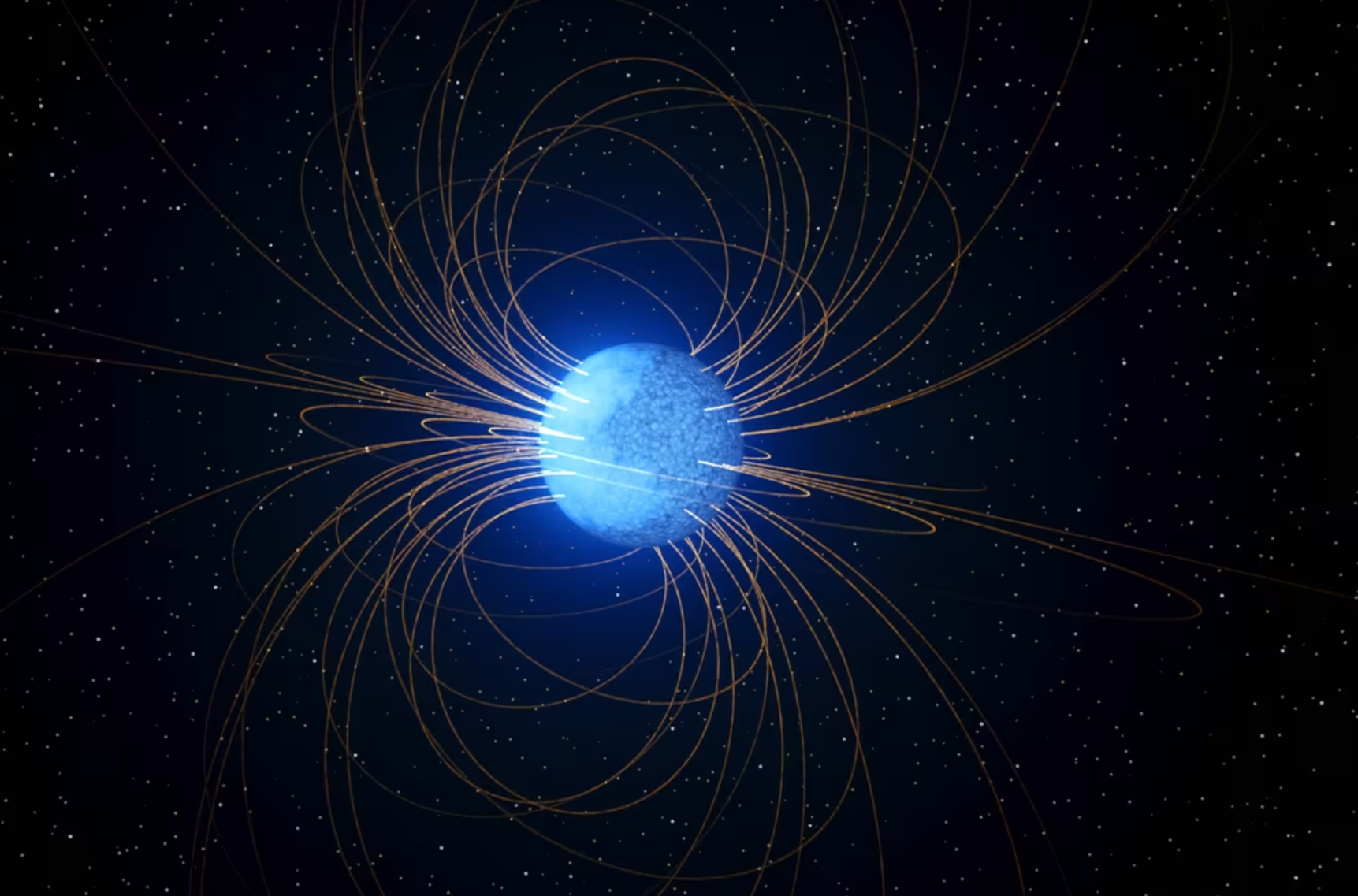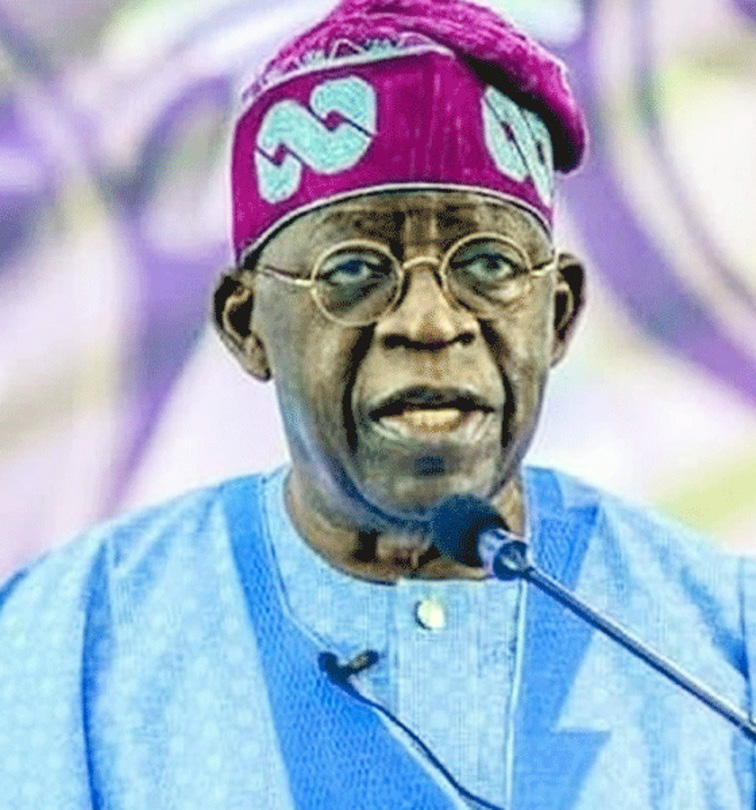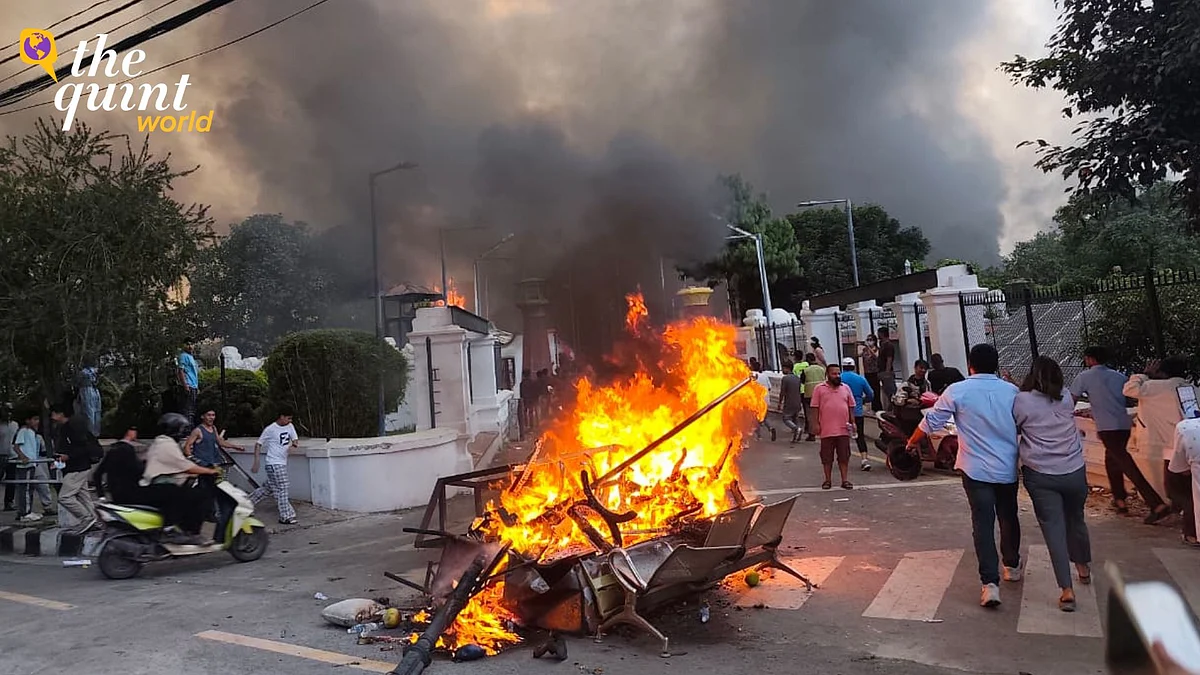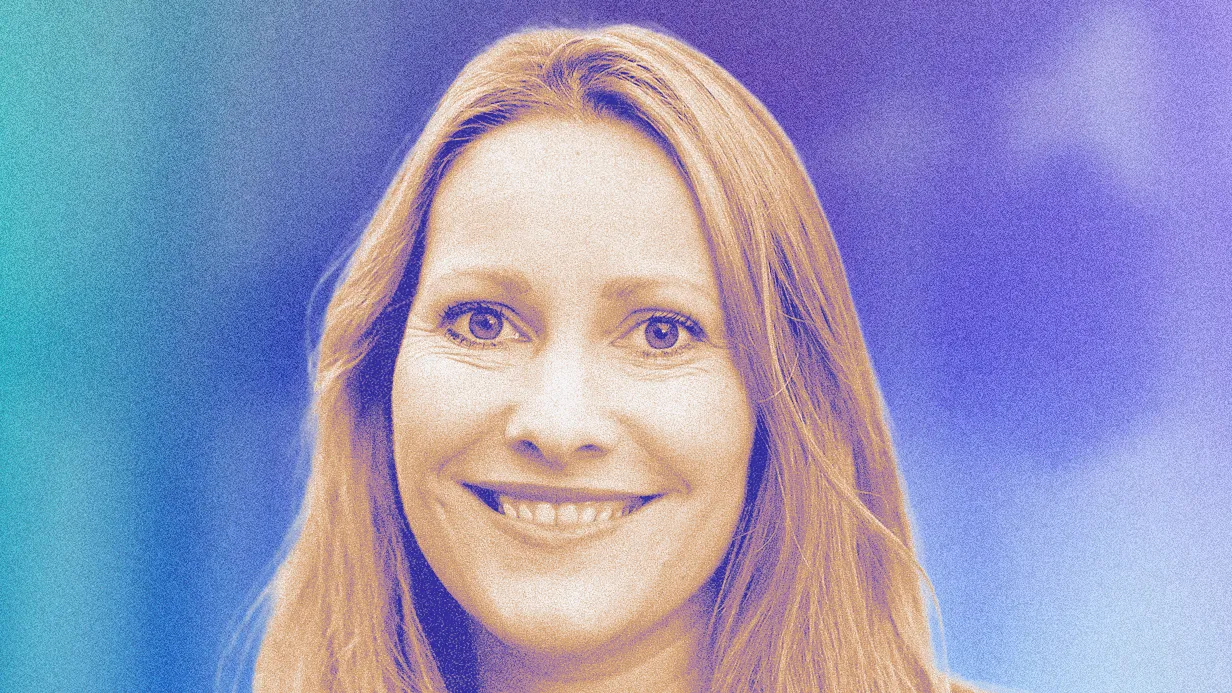Divided at the Pulpit: Illinois Priests’ Campaign Donations Expose Catholic Fault Lines in U.S. Politics
By Tim Daniels
Copyright zenit
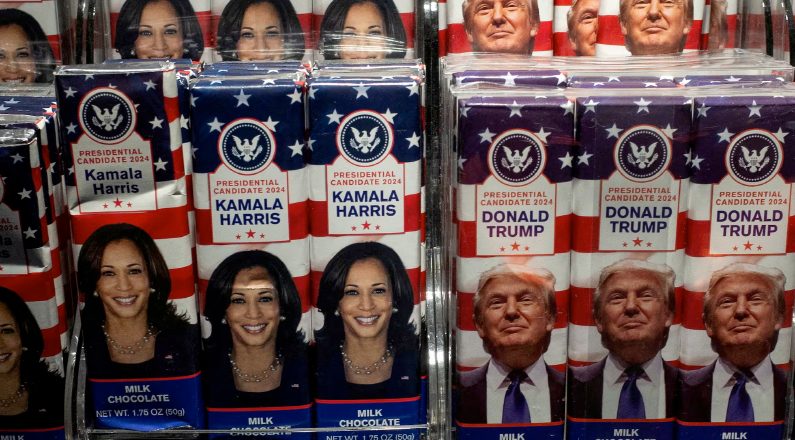
(ZENIT News / Washington, 09.09.2025).- The pews of Illinois parishes may look united on Sundays, but the financial records of their pastors tell a different story. A Chicago Sun-Times analysis has revealed that more than seventy Catholic priests in the state quietly opened their wallets to federal campaigns between 2021 and 2024, splitting almost evenly between Democrats and Republicans. Their contributions—amounting to more than $50,000—underscore how deeply divided the American Catholic clergy has become in its political allegiances.
The disclosures come at a time when the Catholic Church in the United States is navigating one of the most polarized periods in its modern history. Once a stronghold of Democratic loyalty, Catholic voters have shifted steadily toward the Republican Party in recent decades, driven in part by the abortion debate but also by cultural concerns over immigration, family life, and religious liberty. The political leanings of the clergy, however, have often remained more private—until now.
Among the names that surfaced is Father Albert Heidecke, pastor of St. Joseph Church in Downers Grove, who was one of the most active clerical donors to Republican causes. His record shows nearly $8,500 in contributions to the Trump campaign and to conservative figures such as Senators Rand Paul and Ron Johnson, as well as Georgia’s Marjorie Taylor Greene—who has drawn controversy for her combative attacks on Catholic bishops. Heidecke declined to comment on his donations.
On the other side of the spectrum, Father Jack Clair, director of Misericordia Home in Chicago, gave more than $5,400 spread across 180 donations, supporting Democratic leaders including Nancy Pelosi and local progressive causes. For Clair, the decision was rooted not in party loyalty but in personal connection: “I don’t lock myself into a single issue,” he explained, “except when it comes to the children of Misericordia.”
The findings show striking contrasts in both scale and motivation. Some priests, like Father Donald Gibbons of Glen Carbon, gave steadily to pro-Trump causes, while others, such as Father Mark Krylowicz of St. Anthony of Padua, offered modest sums to Democrats—even as he admitted his unease with the party’s stance on abortion. “At first, I felt they represented a broader ‘pro-life’ vision—addressing poverty, immigration, the death penalty, and war,” Krylowicz said. But disillusionment led him to withhold his presidential vote altogether.
The partisan split is not confined to the pews of parish churches. Records show donations from priests working in diocesan offices, including Father Ronald Stake of the Archdiocese of Chicago, and even clergy connected with Catholic universities and religious orders. Collectively, the donors reflect both the geographic concentration of Catholic life around Chicago and the ideological diversity of a Church still wrestling with its political identity.
That identity has shifted dramatically. In 1976, thirteen years after John F. Kennedy’s presidency, nearly two-thirds of U.S. Catholics identified as Democrats. Today, after the presidency of Joe Biden—the nation’s second Catholic president—that number has dropped by about twenty points, according to Pew Research Center surveys. Studies from the Catholic University of America show younger priests increasingly describe themselves as conservative or moderate, widening the generational gap.
Yet these donations also highlight a paradox. Catholic priests take vows of service and, in some cases, poverty. They lead communities that are politically diverse and serve immigrant populations often affected by the very policies debated in Washington. Public political endorsements from the pulpit remain taboo under Church discipline, even though the IRS recently loosened restrictions on political advocacy by religious groups.
Most priests interviewed emphasized that their donations were personal acts, not expressions of Church teaching. “These contributions are entirely separate from my ministry,” said Father Dan Deutsch of St. Patrick Church in St. Charles, who gave more than $1,000 to Trump-related committees. “I strive to balance obedience to the Church with my civic right to participate in public life.”
The significance of these findings goes beyond Illinois. With more than 60 million Catholics, the Church is the largest single religious body in the United States. While evangelical Protestants remain a dominant force in Republican politics, Catholic voices still carry weight through the U.S. bishops’ conference and advocacy networks. The fact that priests are channeling money into campaigns, albeit modest sums, signals how strongly politics now permeates the American Catholic landscape.
The late Pope Paul VI once wrote that the Church must “read the signs of the times and interpret them in the light of the Gospel.” In today’s America, those signs include campaign receipts, where the moral voice of priests is not spoken in homilies but written in checks—and where the unity of the altar collides with the divisions of partisan politics.
Thank you for reading our content. If you would like to receive ZENIT’s daily e-mail news, you can subscribe for free through this link.
